#Chemo brain
Text
This just in: I fucking SUCK at multitasking.
(I know, there's really no such thing, and everyone takes a cognitive hit when switching tasks, but...)
I used to be a 911 dispatcher! I could talk on the phone and the radio, move my ambulances to cover the city, and banter with my partner over IM at the same time! Now, even trying to check in a patient in the middle of chart prep (slow things) results in both things getting messed up.
I miss my brain being at 100%.
I want to be all the way healthy, or somehow marked or even worse off so that people will recognize me as a sick person who needs a break.
31 notes
·
View notes
Text
Background: 35 years old, married to the best person I’ve ever known, diagnosed with breast cancer in July, high BRCA risk factor. I will just admit the biggest thing I’m reeling from is being scared that we’ll never be able to have kids and start a family. Also, the loneliness. Everything else that comes with it sucks of course but is also temporary. The two former things get me in really bad places. Doing THP-AC dose dense regimen. On the AC or “red devil” stretch at the moment. Many takes to be had about this nickname. I don’t care, to each their own.
We recently moved to a whole new state for his work. I don’t have personal connections here. No strong familial social support. My mother died 3 weeks ago but did not receive much support from her and only one-sided, self centered communication. Not to get off track, story for another day. The point is just that I’m kind of lonely here and always have been at least a little lonely. Yes, amazing husband is great always, and I’m not trying to sound greedy or ungrateful.
I got a whole other tangent ready for how people like to assign loneliness. I want family, tribe, community. It’s a different kind of loneliness. One that I would argue is harder to fix if it ever can, and is the lonelier of lonelinesses to have because it is harder for others who don’t experience it to empathize with. Everyone starts basically from the same place romantically, in that we start with nothing and we all seek it with each other. At least that feeling is universal.
My thoughts tend to run away, and I’m bad at writing. Chemo brain makes it hard to organize thoughts. I’m here because I seek connection and interaction. I have to physically quarantine from people because of the whole being immuno-compromised thing, so groups, meetup, hobby type things are not an option. Do people still write personal blogs like in the LiveJournal heyday? Is this how one can use Tumblr? I didn’t use it much back in the day either. I just really want to relate with another human and feel less in my head and cuckoo. 🫠
#breast cancer#lonliness#cancer#friendship#tangents#livejournal#red devil#loneliness#chemotherapy#chemo brain#breastcancer
2 notes
·
View notes
Text
Me trying to figure out if I have ADHD or chemo brain (which can sometimes last ten years after treatment) or if it’s my meds:

#idk man#apparently chemo brain has similar symptoms to adhd#adhd#maybe adhd#chemo brain#cancer survivorship#cancer survivor
5 notes
·
View notes
Text
A Head Full of Clouds - A Poem
My head is
f
a
l
l
i
n
g
into the sound of
s i l e n c e
and FULL
of clouds.
They fly like birds
from my mind,
taking my thoughts
with them
and leaving only the
*BLISS*
of sleep.
I may have forgotten
everything,
but in the nothingness,
I remember who I am.
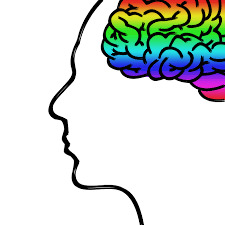
View On WordPress
3 notes
·
View notes
Text
A noninvasive treatment for “chemo brain”
New Post has been published on https://thedigitalinsider.com/a-noninvasive-treatment-for-chemo-brain/
A noninvasive treatment for “chemo brain”
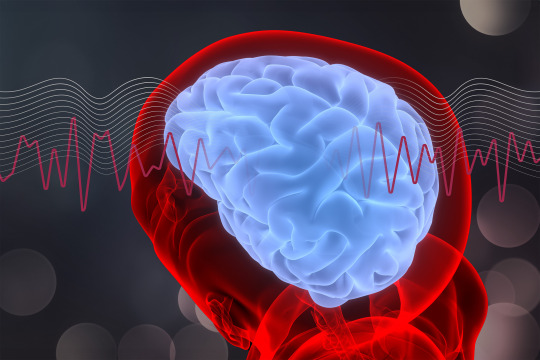

Patients undergoing chemotherapy often experience cognitive effects such as memory impairment and difficulty concentrating — a condition commonly known as “chemo brain.”
MIT researchers have now shown that a noninvasive treatment that stimulates gamma frequency brain waves may hold promise for treating chemo brain. In a study of mice, they found that daily exposure to light and sound with a frequency of 40 hertz protected brain cells from chemotherapy-induced damage. The treatment also helped to prevent memory loss and impairment of other cognitive functions.
This treatment, which was originally developed as a way to treat Alzheimer’s disease, appears to have widespread effects that could help with a variety of neurological disorders, the researchers say.
“The treatment can reduce DNA damage, reduce inflammation, and increase the number of oligodendrocytes, which are the cells that produce myelin surrounding the axons,” says Li-Huei Tsai, director of MIT’s Picower Institute for Learning and Memory and the Picower Professor in the MIT Department of Brain and Cognitive Sciences. “We also found that this treatment improved learning and memory, and enhanced executive function in the animals.”
Tsai is the senior author of the new study, which appears today in Science Translational Medicine. The paper’s lead author is TaeHyun Kim, an MIT postdoc.
Protective brain waves
Several years ago, Tsai and her colleagues began exploring the use of light flickering at 40 hertz (cycles per second) as a way to improve the cognitive symptoms of Alzheimer’s disease. Previous work had suggested that Alzheimer’s patients have impaired gamma oscillations — brain waves that range from 25 to 80 hertz (cycles per second) and are believed to contribute to brain functions such as attention, perception, and memory.
Tsai’s studies in mice have found that exposure to light flickering at 40 hertz or sounds with a pitch of 40 hertz can stimulate gamma waves in the brain, which has many protective effects, including preventing the formation of amyloid beta plaques. Using light and sound together provides even more significant protection. The treatment also appears promising in humans: Phase 1 clinical trials in people with early-stage Alzheimer’s disease have found the treatment is safe and does offer some neurological and behavioral benefits.
In the new study, the researchers set out to see whether this treatment could also counteract the cognitive effects of chemotherapy treatment. Research has shown that these drugs can induce inflammation in the brain, as well as other detrimental effects such as loss of white matter — the networks of nerve fibers that help different parts of the brain communicate with each other. Chemotherapy drugs also promote loss of myelin, the protective fatty coating that allows neurons to propagate electrical signals. Many of these effects are also seen in the brains of people with Alzheimer’s.
“Chemo brain caught our attention because it is extremely common, and there is quite a lot of research on what the brain is like following chemotherapy treatment,” Tsai says. “From our previous work, we know that this gamma sensory stimulation has anti-inflammatory effects, so we decided to use the chemo brain model to test whether sensory gamma stimulation can be beneficial.”
As an experimental model, the researchers used mice that were given cisplatin, a chemotherapy drug often used to treat testicular, ovarian, and other cancers. The mice were given cisplatin for five days, then taken off of it for five days, then on again for five days. One group received chemotherapy only, while another group was also given 40-hertz light and sound therapy every day.
After three weeks, mice that received cisplatin but not gamma therapy showed many of the expected effects of chemotherapy: brain volume shrinkage, DNA damage, demyelination, and inflammation. These mice also had reduced populations of oligodendrocytes, the brain cells responsible for producing myelin.
However, mice that received gamma therapy along with cisplatin treatment showed significant reductions in all of those symptoms. The gamma therapy also had beneficial effects on behavior: Mice that received the therapy performed much better on tests designed to measure memory and executive function.
“A fundamental mechanism”
Using single-cell RNA sequencing, the researchers analyzed the gene expression changes that occurred in mice that received the gamma treatment. They found that in those mice, inflammation-linked genes and genes that trigger cell death were suppressed, especially in oligodendrocytes, the cells responsible for producing myelin.
In mice that received gamma treatment along with cisplatin, some of the beneficial effects could still be seen up to four months later. However, the gamma treatment was much less effective if it was started three months after the chemotherapy ended.
The researchers also showed that the gamma treatment improved the signs of chemo brain in mice that received a different chemotherapy drug, methotrexate, which is used to treat breast, lung, and other types of cancer.
“I think this is a very fundamental mechanism to improve myelination and to promote the integrity of oligodendrocytes. It seems that it’s not specific to the agent that induces demyelination, be it chemotherapy or another source of demyelination,” Tsai says.
Because of its widespread effects, Tsai’s lab is also testing gamma treatment in mouse models of other neurological diseases, including Parkinson’s disease and multiple sclerosis. Cognito Therapeutics, a company founded by Tsai and MIT Professor Edward Boyden, has finished a phase 2 trial of gamma therapy in Alzheimer’s patients, and plans to begin a phase 3 trial this year.
“My lab’s major focus now, in terms of clinical application, is Alzheimer’s; but hopefully we can test this approach for a few other indications, too,” Tsai says.
The research was funded by the JPB Foundation, the Ko Hahn Seed Fund, and the National Institutes of Health.
#Animals#approach#attention#Behavior#Brain#Brain and cognitive sciences#brain cells#brain waves#brains#Cancer#cell#Cells#chemo brain#chemotherapy#Disease#Diseases#disorders#DNA#DNA damage#drug#drugs#effects#experimental#fibers#Foundation#Fundamental#gene expression#genes#Health#humans
1 note
·
View note
Link
1 note
·
View note
Text
The Impact of Chemo Brain
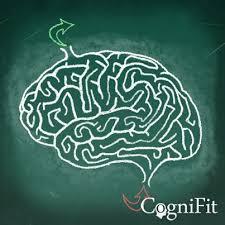
Struggling with chemo brain after cancer treatment? Try Cognifit Our team has designed specific cognitive training to strengthen your cognitive abilities and reduce the extent of Chemo Brain. With personalized training programs, you can target the cognitive skills that need the most work and improve memory, attention, and concentration. Don't let chemo brain hold you back from living your best life. Try CogniFit today and feel the difference!
#chemo brain#mental health#health and wellness#memory#brain teasers#adhd treatment#adhd testing#dyslexia in adults#cognitive development#health
0 notes
Text
Chemo Brain- Ayurvedic Treatment, Diet, Exercises, Research Papers, Yoga & Pranayama
Introduction
Though the exact reason is shadowy, the cancer fighters (under chemotherapy) or the survivors usually complains of Chemo brain, a very annoying problem that affects memory and thinking process. It is also called as cancer -related cognitive impairment, chemo fog etc. Generally, the person may feel difficulty in concentrating, learning new skills, finding right words; attention…

View On WordPress
0 notes
Text


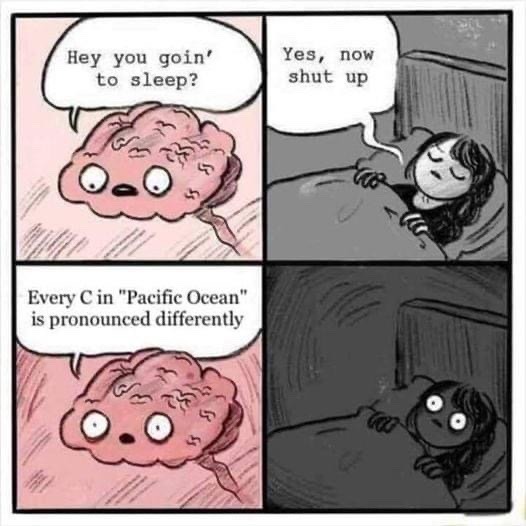

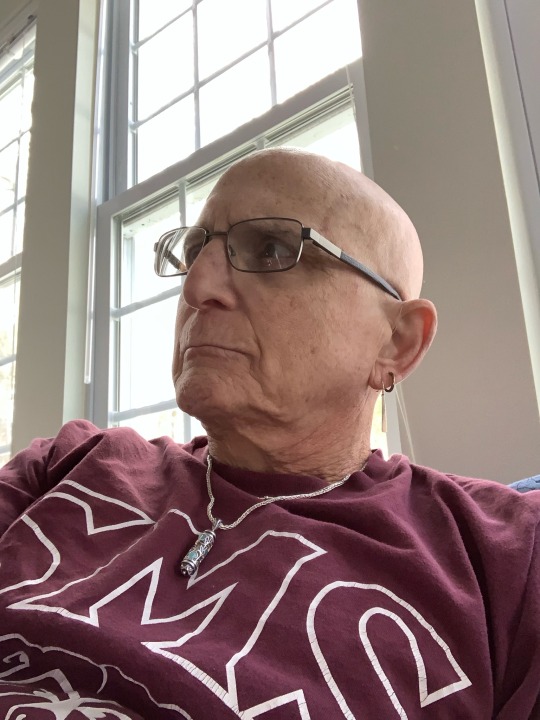



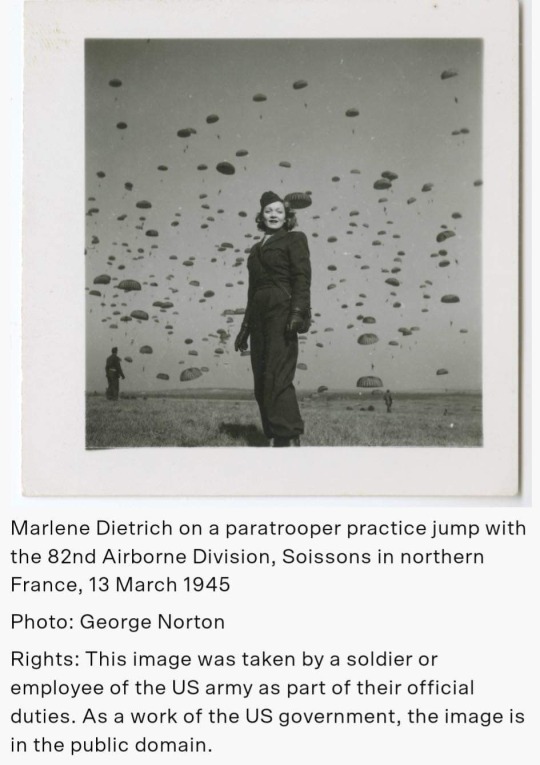

What can you imagine on a sunny day turned gray? There are no surprises if you follow a man so withered as to be carried up to fly with the crows, showing which way the wind blows.
0 notes
Text




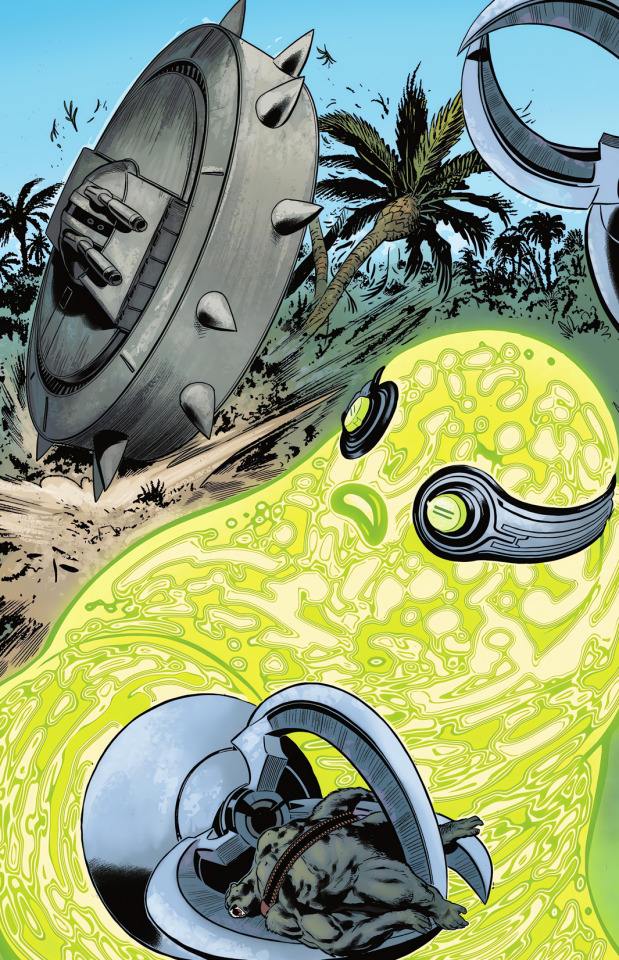

Peacemaker Tries Hard! #6 (2023)
written by Kyle Starks
art by Steve Pugh & Jordie Bellaire
#peacemaker#red bee#chemo#the brain#DC#christopher smith#richard raleigh#wednesday spoilers#spoilers#comic spoilers
49 notes
·
View notes
Text
hello friends, no Unsolved update this week but there will be one next week!
#just got out of chemo yesterday so my brain is a lil foggy#ill be replying to comments and asks the whole of this week!! excited to talk to u guys <3333#ari queues#ari talks#unsolved fic#tw cancer
12 notes
·
View notes
Text
I wanted to make a "I love life April fools I wish I was dead" post, and it probably doesn't count bc I said it here, but I can't bring myself to do a full one bc the boops are very heartwarming. Thank you for the serotonin and love 💕
#stuff sarah says#today was not great#i had 2 hrs of sleep and took my mom to the cancer center for her chemo#my dad came abt halfway through so i could go home and sleep#woke up to a text that shed had a reaction and they had to stop one of the chemos and give her benadryl and steroids#so that on top of The Everything i have going on in my brain has been...#yeah...#april fools to me. thought i might be feeling better#but the boops are cute and nice
8 notes
·
View notes
Text
Hmmm, online pal and I exchanged addresses to send Christmas cards but hilariously have both yet to send one, but do you think it'd be weird or too much if I sent a present for them and their sister as well 🤔
#for context their sister has been getting chemo for a brain tumor and even tho the sister and i have never interacted#ive been following the homie for years so have constsntly read and seen pictures of the both of them#and have been told their sister loves the pics i post of my pets n stuff#so i thought well since i accidentally took this long maybe i can send a koala soft toy and a couple other lil australiana things i got#pretty sketch book with a print from a cool indigenous artist to send my pal bc theyre an artist too#like we just said cards but i thought since shit has been rough maybe a lil care package would be a nice surprise#im probably overthinking this like most people would probably like getting free gift from random on other side of the planet lmao#i mean i sure wouldnt mind but idk#😮💨
10 notes
·
View notes
Text
hospitalist took me aside today and basically asked me to decide my mom’s medical future so that was fun
#asked hospice or if we want to keep trying radiation and maybe chemo#basically they’re pretty sure her cancer is essentially eating her brain alive so its really fun#i want to just cry and cry and cry#i said to keep going bc thats what she wants when she is lucid#personal
6 notes
·
View notes
Text


Once again I am requesting we KAM
#literally the audacity?#she stands with him through chemo but she loses an eye bc of brain surgery and he gets a mistress????#radfem safe#radfems please touch
11 notes
·
View notes